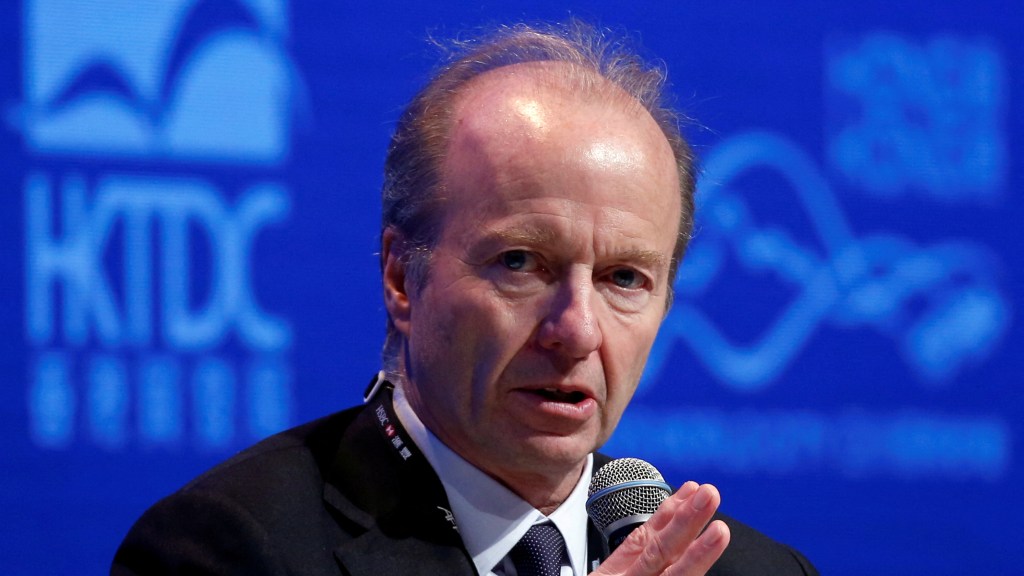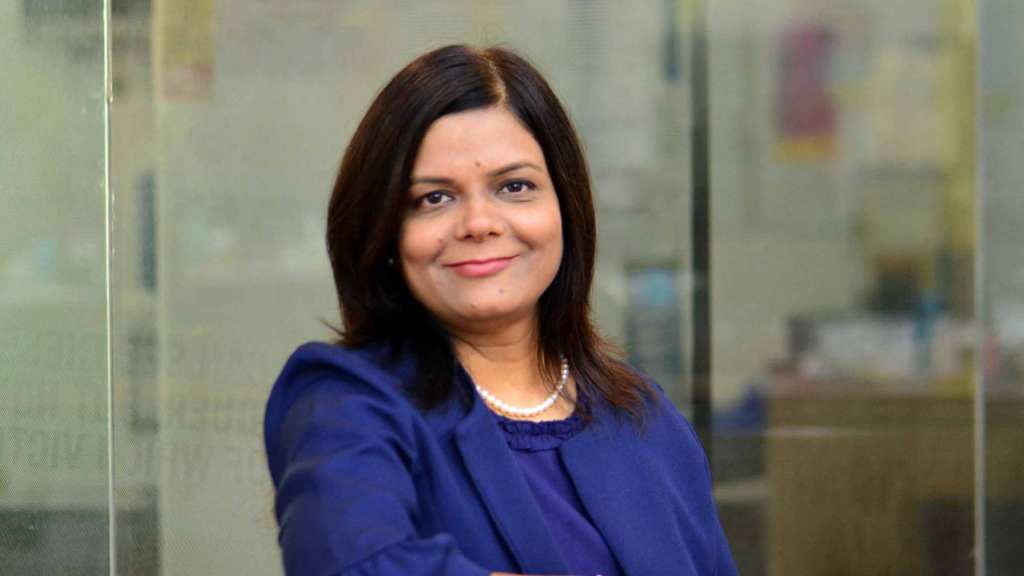FCA Chairman Stands Firm Despite Calls for Resignation Over Whistleblower Policy Breach
The controversy surrounding the Financial Conduct Authority (FCA) has escalated as Chairman Ashley Alder faces mounting pressure to step down following a significant breach of the agency’s whistleblowing policy.
A recent review led by Richard Lloyd, the FCA’s senior independent director, revealed that Alder “did not follow the policy to the letter”. He forwarded correspondence from two whistleblowers to senior colleagues without redacting their personal information or securing their consent.
Lloyd reported that Alder’s intention was merely to ensure that the issues raised by the complainants were adequately addressed and that he genuinely believed no harm would come to them as a result of his actions.
Despite his defense, Alder’s actions have drawn sharp criticism, particularly in light of the FCA’s role in overseeing the whistleblowing practices of financial services firms. The regulator promotes direct reporting of wrongdoing and assures individuals that their anonymity will be protected.
Kevin Hollinrake, the shadow business and trade secretary, labeled the situation “extraordinary”, questioning the FCA’s adherence to its own policies. He stated that Alder should reconsider his position.
Georgina Halford-Hall, the director of WhistleblowersUK, echoed this sentiment, suggesting that the matter should warrant Alder’s resignation.
At a public meeting on Thursday, Alder affirmed, “It did not cross my mind” to resign from his post. He maintained that he acted in good faith and acknowledged that while the policy set clear expectations, it may have proven impractical in this scenario.
This incident is the latest in a series of controversies for the FCA, which regulates approximately 42,000 financial firms. The authority faced severe backlash for its management of the £237 million London Capital & Finance scandal and its oversight of Neil Woodford’s £3.7 billion Woodford Equity Income Fund, which collapsed.
Alder took over as the FCA’s chairman in February of the previous year, following a lengthy legal career and leadership at the Securities and Futures Commission in Hong Kong.
The review was initiated after the Financial Times reported allegations that Alder had disclosed a whistleblower’s identity, leading another individual to present similar claims.
Both whistleblowers are former FCA employees, and their cases were labeled “highly unusual” by the authority, involving extensive correspondence over several years and various public issues.
The FCA is also reviewing its internal whistleblowing policies, acknowledging that some aspects may be “somewhat impractical”.
Alder commented on the complexity of handling escalated issues without adequate support and suggested that in a whistleblowing context, the information must be limited to senior advisors who can be trusted to maintain confidentiality.
Transition to Livestreamed Meetings
The FCA’s last in-person annual meeting five years ago was marked by public heckling, including demands to “stop protecting the crooks”, according to reports by Ben Martin and James Hurley.
Since the pandemic, the FCA has shifted its meetings online, conducting them as live events where the public can submit questions in advance or during the session. This system allows the FCA to moderate questions directed at Alder, CEO Nikhil Rathi, and other executives, providing written answers to any unanswered queries during the two-hour meeting.
This approach gives the FCA greater control but has drawn criticism from some participants questioning when the authority would stop “hiding behind webinars”.
The FCA defends the online format as more equitable, enabling wider participation across the UK and resulting in a higher number of questions answered—38 at the latest meeting compared to 15 in 2019.
However, there have been challenges, including temporary disruptions during the livestream and registration issues that affected attendance. The FCA reported that these disruptions lasted less than two hours.
When asked about the possibility of hybrid meetings, Alder stated that a web-only format ensures fairness for all attendees, though he acknowledged the need to explore options for improved participant outcomes.




Post Comment